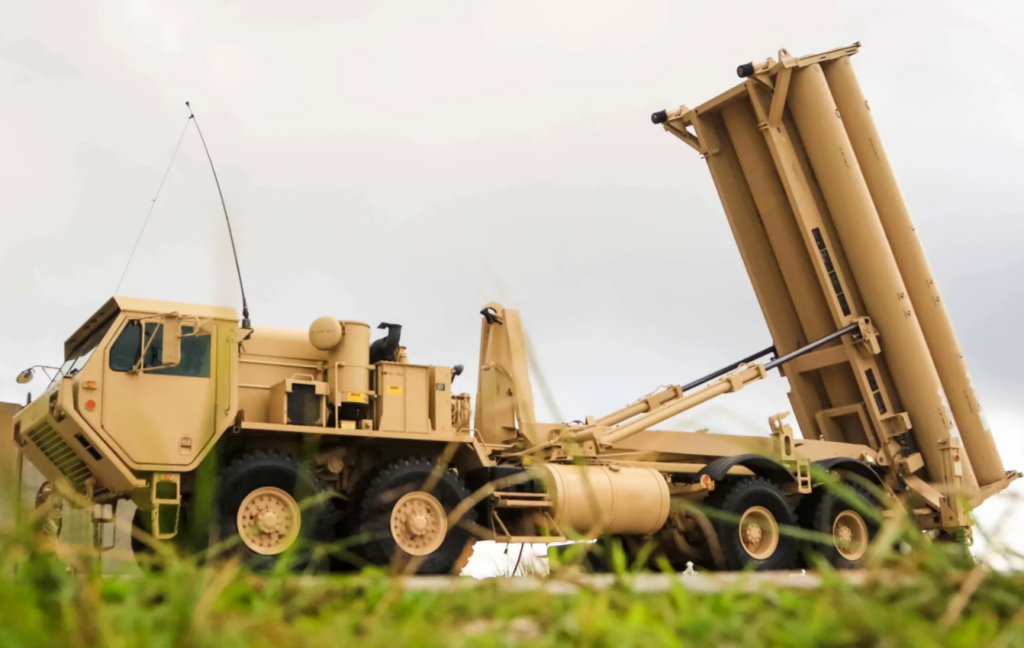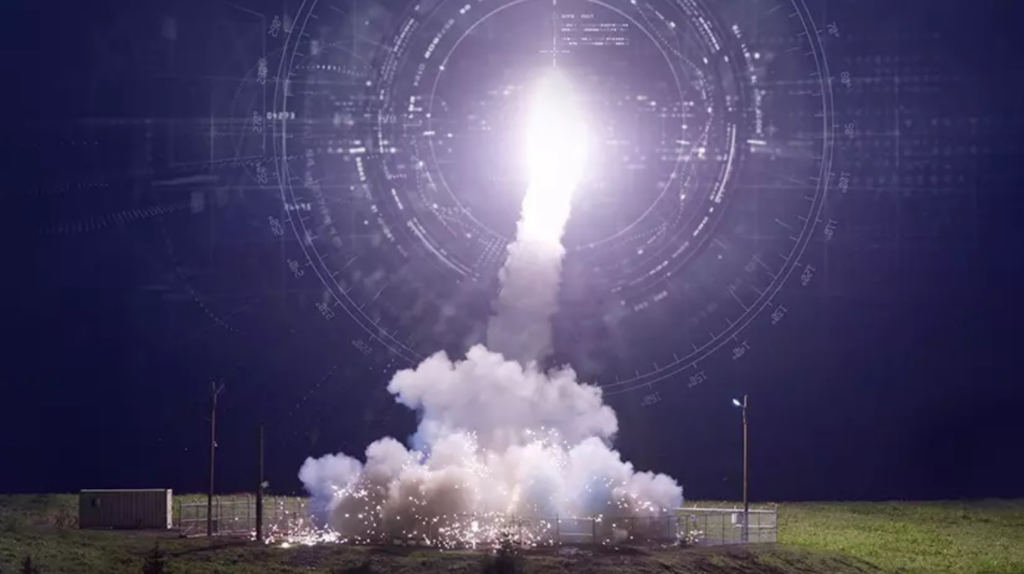Lockheed Martin Secures $2.06 Billion THAAD Interceptor Contract
The U.S. Department of Defence has announced that the Missile Defense Agency (MDA) awarded Lockheed Martin’s Missiles and Fire Control division a defense contract modification to produce additional Terminal High Altitude Area Defense (THAAD) interceptors valued at approximately $2.06 billion. This significant modification (P00105) raises the total value of the THAAD production contract (HQ0147-17-C-0032) from $8.35 billion to approximately $10.42 billion.
Lockheed will manufacture THAAD interceptor components at its facilities in Dallas, Texas, Sunnyvale, California, Troy, Alabama, and Camden, Arkansas under the fixed-price incentive terms with an expected completion date of December 1, 2029. The MDA has already committed procurement funds of approximately $284.9 million in FY2024–2025 at the time of award.

The THAAD system is a mobile ground-based missile defense system designed to intercept short-range and medium-range ballistic missiles. The missiles employ hit-to-kill kinetic warheads to destroy incoming targets without explosive warheads. THAAD’s radar and launchers allow it to engage targets both inside and outside the atmosphere at high altitude. THAAD complements other systems such as the Patriot surface-to-air missile battery.
The latest contract is expected to replenish U.S. stockpiles after heavy recent usage. U.S. forces are estimated to have reportedly utilised about a quarter of their THAAD interceptors to defend Israel during a 12-day Iran–Israel conflict in mid-2025 and highlighted the urgency of restocking these critical missiles.
The award provides years of production work and reinforces Lockheed’s role in the missile defense sector. It underscores Washington’s emphasis on strengthening missile defenses amid rising threats. A former U.S. defense official noted, “Stockpiles are dropping. We need more. We need them faster than they are being built”. Former Pentagon strategist Mara Karlin similarly warned that “air defense is relevant in all of the major theaters right now” and pointed out that the U.S. has “not enough systems… or enough interceptors… or production”. The contract is a strategic investment in the U.S. military’s missile defense capabilities and a commercial win for Lockheed.

